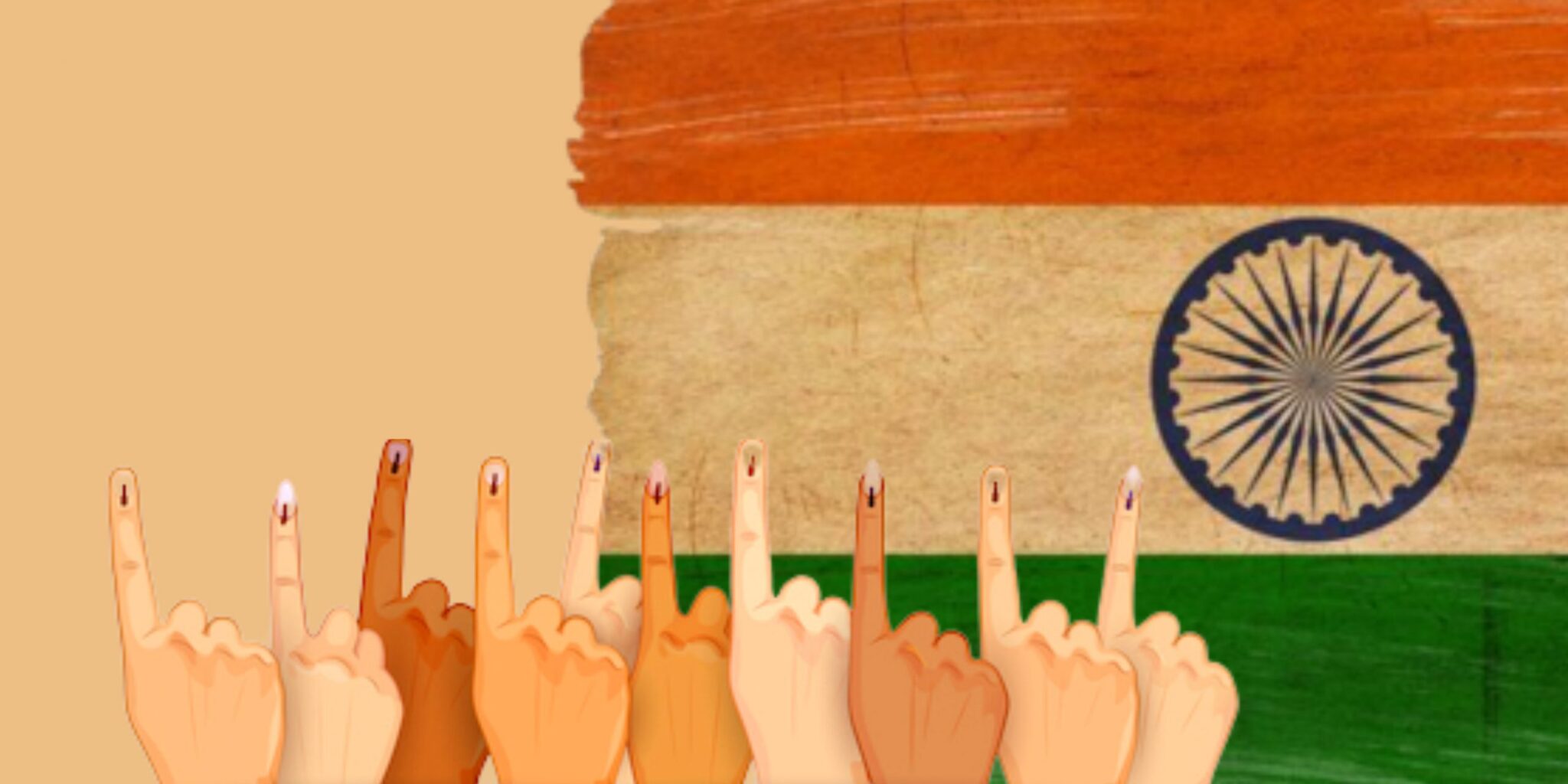
The Heart of Indian Democracy: A Journey Through Constitutional Law
The Heart of Indian Democracy: A Journey Through Constitutional Law
“The Constitution is not a mere lawyer’s document, it is a vehicle of Life.” – B.R. Ambedkar
🌟 Introduction: Why Should You Care About Constitutional Law? When you stand up to speak your mind, scroll freely on social media, or vote in an election — you are using powers granted by the Constitution of India. It’s not just a thick legal book. It’s the soul of our nation — a living, breathing document that defines who we are, what rights we have, and how we’re governed.
📜 What Is Constitutional Law, Really? Constitutional Law is the branch of law that deals with the framework of the nation. It outlines how the government is structured, what powers each part of the government has, and most importantly — what rights you, as a citizen, are guaranteed.
India’s Constitution is the longest written Constitution in the world, and it's full of wisdom borrowed from various global democracies like the USA, UK, Canada, and Ireland.
🏛️ Key Pillars of the Indian Constitution
- Fundamental Rights – Your Superpowers as a Citizen Right to Equality – You cannot be discriminated against.
Right to Freedom – Speech, expression, assembly, movement.
Right to Constitutional Remedies – If any right is violated, you can directly approach the High Court or Supreme Court.
✅ Example: When your privacy was under threat, the Supreme Court declared privacy a fundamental right in 2017, strengthening your protection in the digital world.
- Directive Principles of State Policy – India’s Moral Compass These are not enforceable by courts but guide the state to ensure justice and equity. They talk about:
Equal pay
Child education
Health care
Living wages
- Separation of Powers – Checks and Balances Legislature – Makes laws (Parliament)
Executive – Implements laws (Government)
Judiciary – Interprets laws (Courts)
Each organ keeps the others in check — this ensures no one becomes a dictator.
- Federalism with a Strong Center India is a Union of States. States have their own governments and laws, but the Central Government retains significant powers — especially during emergencies.
⚖️ Why Constitutional Law Matters Today (More Than Ever) When freedom of speech is questioned on social media, we look to the Constitution.
When minorities or women are treated unfairly, their rights are defended in court using constitutional provisions.
When governments overstep, it’s the Constitution that pulls them back.
👉 The Constitution is not just a piece of history — it’s a shield, a sword, and a guide.
📚 Case That Changed India Forever: Kesavananda Bharati v. State of Kerala (1973) This case introduced the Basic Structure Doctrine, meaning:
Even if the Parliament wants to change the Constitution, it cannot touch its core values — like democracy, rule of law, and secularism.
This was India’s way of saying: You may have power, but it’s not absolute.
🧠 Fun Fact: Did You Know? The original Constitution, handwritten in Hindi and English, was calligraphed, illustrated, and signed by each member of the Constituent Assembly. It's a true work of art and spirit.
❤️ Final Thoughts: The Constitution Belongs to You Understanding Constitutional Law isn’t just for lawyers or judges. It’s for anyone who believes in freedom, justice, and dignity.
It empowers you to:
Ask questions
Challenge authority
Protect yourself and others
So the next time someone says, “What difference can one person make?” — remember: the Constitution was made for you and by people just like you.
Liked this article? Stay tuned for our next deep dive: 👉 “From FIR to Final Verdict: A Real Look at Criminal Law in India”
